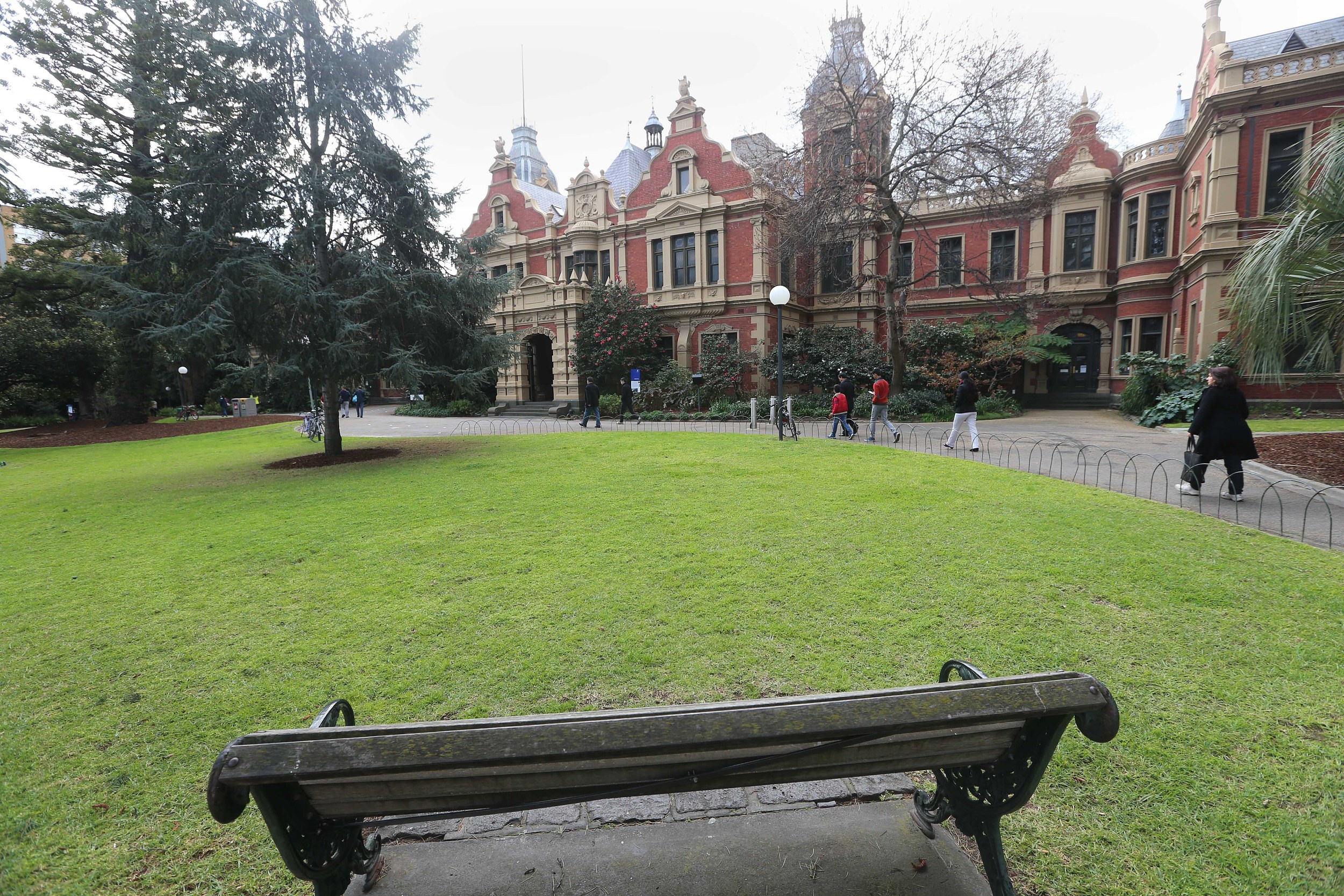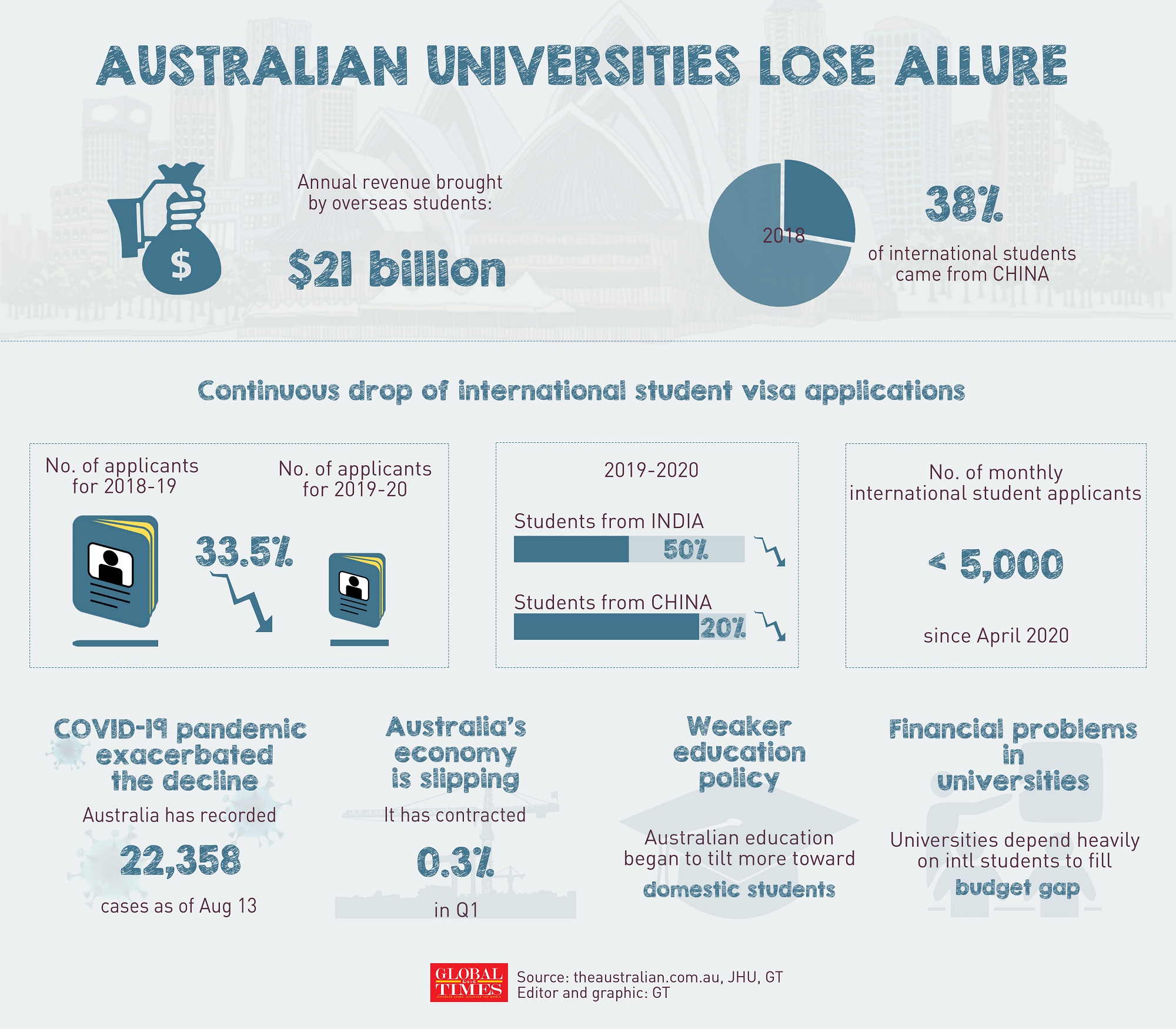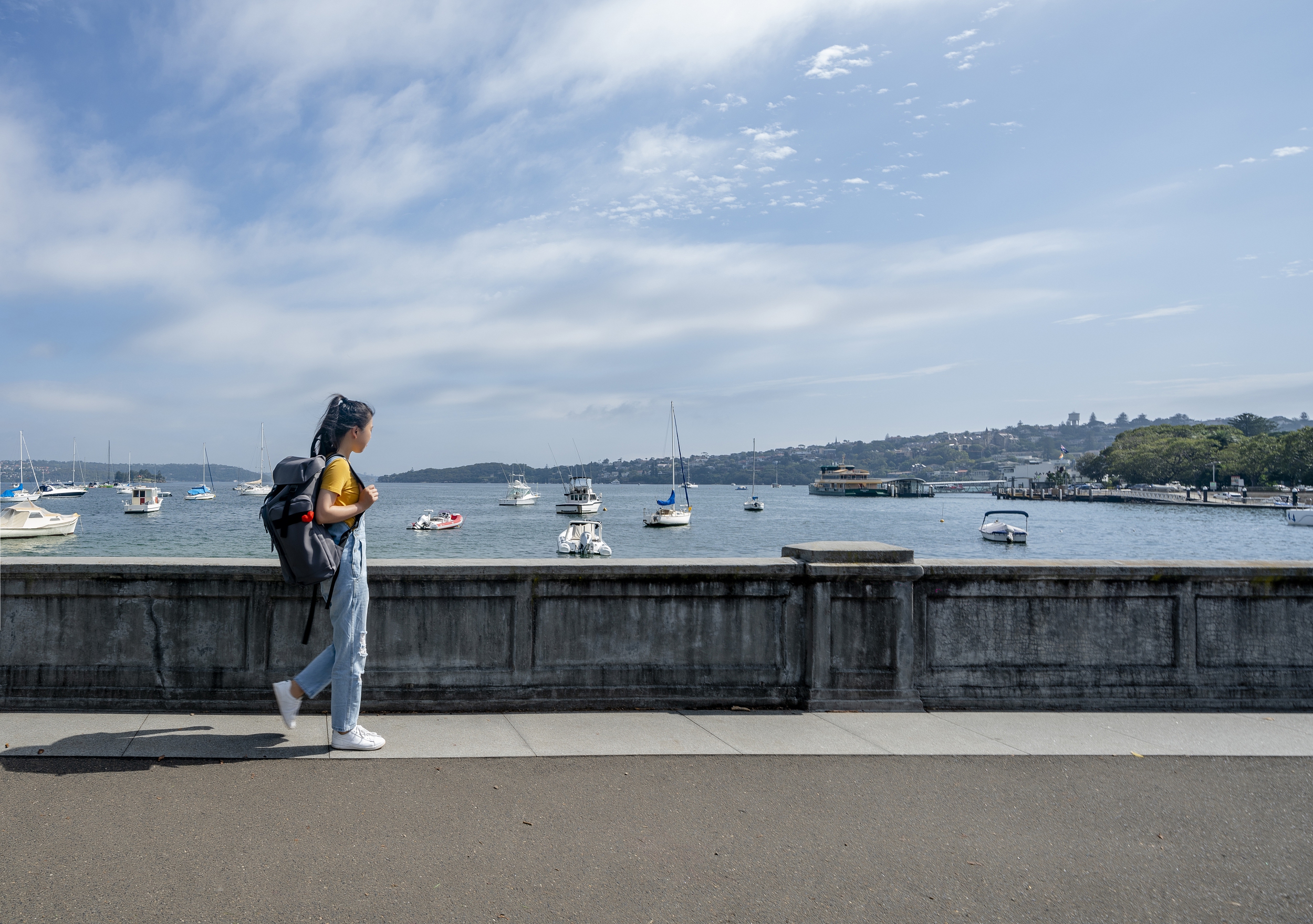Australian universities are losing their attraction to Chinese students as many of the students found their schooling has been disrupted in the country that has been ravaged by the COVID-19. They have been shocked by Canberra's growing anti-China sentiment, and their dream of pursuing work there has been undercut by the country's slipping economy.
According to the Australian Department of Home Affairs, applications from international students to Australian universities fell below 5,000 per month in April, May and June, local media reported.
The number of Chinese student-visa applicants for the 2019-20 academic year has declined roughly 20 percent compared with the same period last year.
A Chinese student surnamed Li, who is taking an online language course at the University of New South Wales, told the Global Times that she may eventually gave up the opportunity of studying in Australia, as the country's novel coronavirus infections have flared up recently.
"The university only allows Chinese students to arrive on campus after January next year. But they still charge the same tuition fee ($35,000 per year) for online distance classes," said Li, who is taking online courses in China. She noted that based on Australia's current number of infections, the chance of going there by January is slim.
Australia has recorded about 22,500 COVID-19 cases since the outbreak, and it has been struggling to contain an outbreak in its second most populous state, Victoria, which has seen triple-digit daily new cases for weeks.


